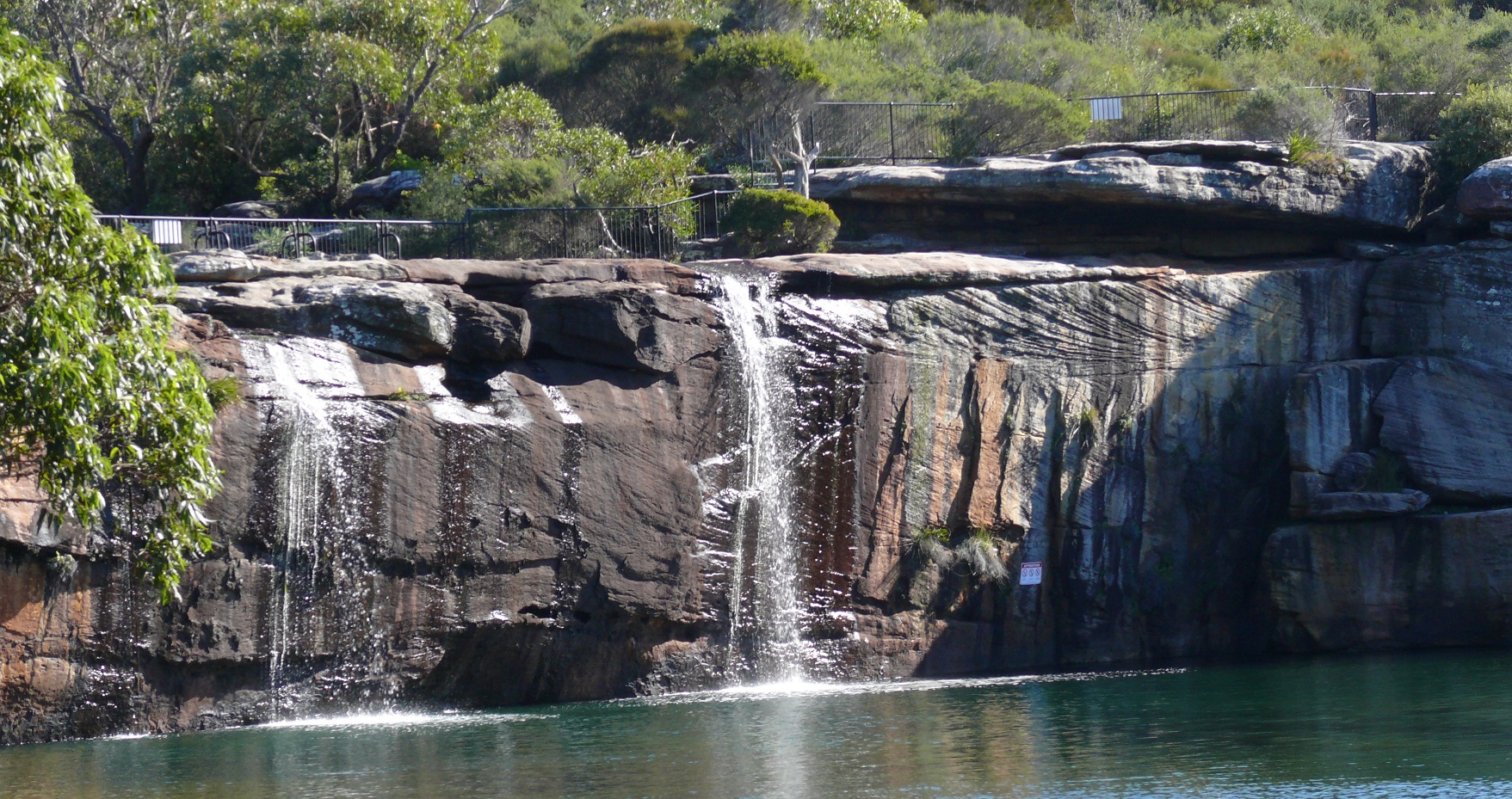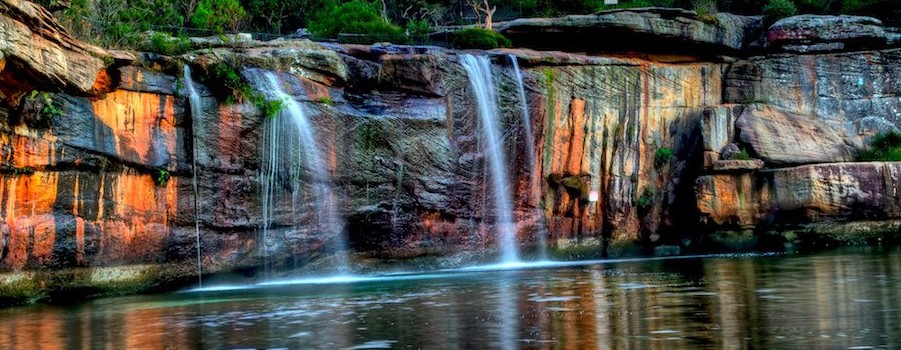The beloved Wattamolla, staple of any trip to the Royal National Park, is now subject to huge changes. The home to a cove, lagoon, waterfall and beach is a popular sanctuary attracting over 300 000 visitors a year.
Wattamolla is a beautiful area to have a frolic or embark on an adventure, but the environment as we know it will soon be impacted by massive change.
The NSW Government has implemented a Draft Master Plan to improve Wattamolla. The hefty plan hopes to implement commercial operators and new buildings. The ideas put forth have the potential to completely change the nature of the place (pun intended).

The Master Plan includes changing:
- Cliff jumping – it may be time to say good bye to leaping off the cliff with the “Installation of a commercial zip line to offer (an) alternative” as well as an upgraded fence which will make it more difficult to climb over
- Parking – reservations will be required through an online booking service
- Refurbished buildings – money will be spent on refurbishing “ugly” buildings, implementing a new outdoor seating space and additional shade/shelter
- Commercial camping – new camping platforms with a separate amenities block
- The Kiosk – the kiosk will be refurbished and leased to an operator
This all sounds exciting at first, but the contradiction is that this Master Plan was implemented to control the high numbers of visitors and sustain the environment. The commercialisation, new buildings and increase of camping grounds will only encourage more tourists and create more pollution. The Illawarra Mercury reported it is also likely to become more expensive than the current $12 fee.
I’m not sure about you, but I’m already thinking about the numerous wrappers and beer bottles hiding in the grass. The Master Plan does, however, include a section on Environmental Sustainability and Sustainable Materials to keep the flora and fauna happy.
This includes changing:
- Erosion control – to stabilise soil at Palm Flats and prevent further erosion by creating a sandstone block edge
- Storm water – integrating a design to collect rainwater
- Material selection – ensure materials used in infrastructure are durable and suited to the coastal location
- Light and Minimal Structures – provide a clear definition between accessible and non-accessible areas, also integrate proposed pathways
The pros and cons may differ regarding your own personal priorities. Is the proposal in favour of your lifestyle, or is it in favour of stealing your money?
Let us know your thoughts and make sure you let the Office of Environment and Heritage know your opinion before June the 3rd.


